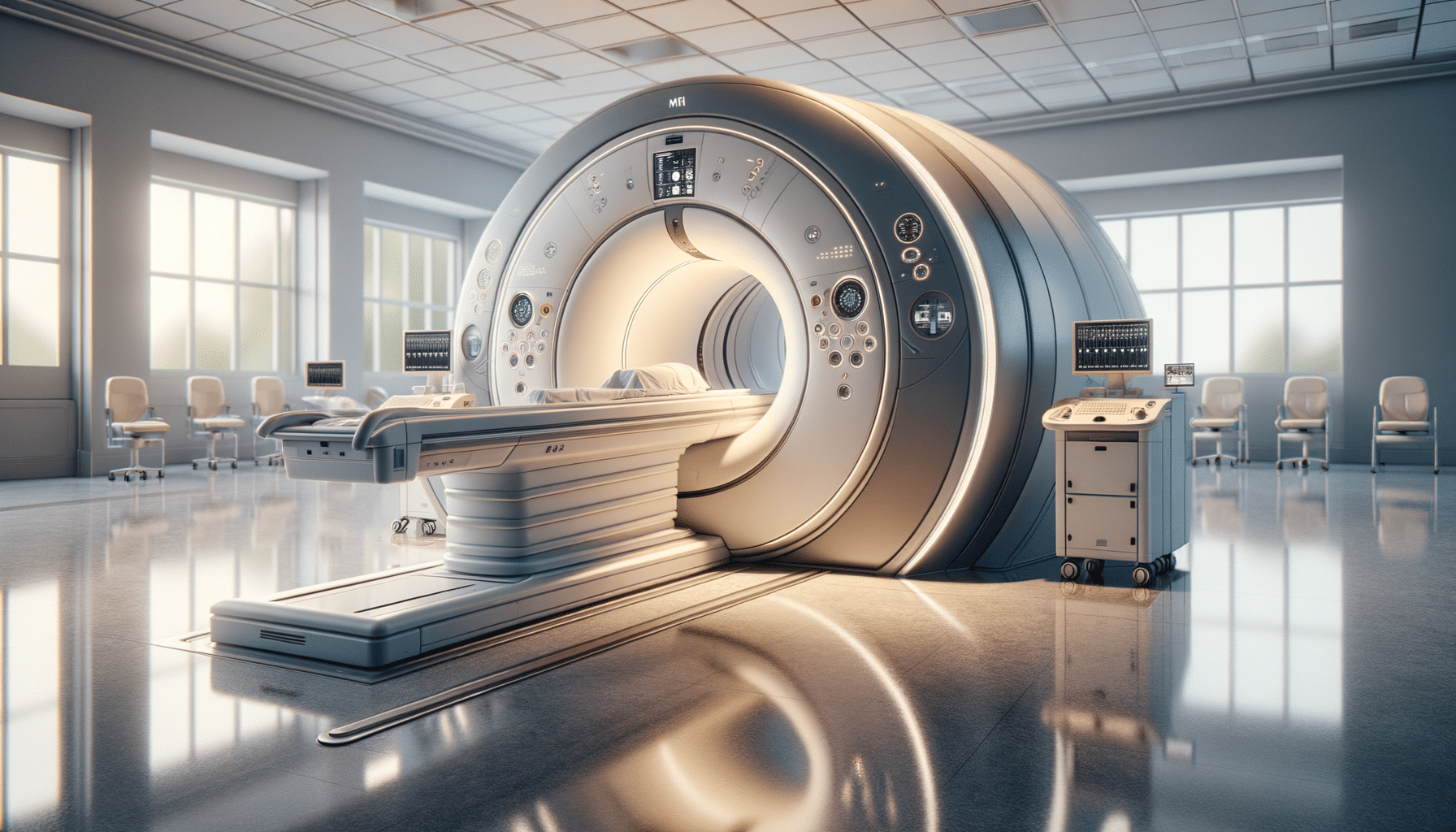
MRI Technician Training: Pathway to Rewarding Healthcare Careers
Introduction to MRI Technician Training
MRI Technician Training offers a gateway into the healthcare field, providing individuals with the opportunity to engage in a rewarding and dynamic career. This profession is essential for the diagnosis and treatment of medical conditions, as MRI technicians play a crucial role in capturing detailed internal images of patients. The demand for skilled MRI technicians is on the rise, reflecting the importance of this role within the healthcare system.
Educational Pathways and Prerequisites
The journey to becoming an MRI technician typically begins with a solid educational foundation. Aspiring technicians often pursue an associate degree in radiologic technology or a related field. These programs generally cover essential topics such as anatomy, patient care, and imaging technology. Some institutions also offer specialized MRI technician training programs that focus exclusively on magnetic resonance imaging techniques.
Before enrolling in a program, potential students should ensure they meet the prerequisites, which may include courses in mathematics and sciences. Additionally, many programs require applicants to have some healthcare experience, which can be obtained through volunteering or entry-level positions in medical settings.
- Completion of an associate degree in radiologic technology or a related field
- Prerequisite courses in mathematics and sciences
- Healthcare experience through volunteering or work
Certification and Licensing Requirements
After completing the necessary educational requirements, aspiring MRI technicians must pursue certification and licensing to practice professionally. Certification is typically obtained through recognized bodies, which assess the candidates’ knowledge and skills through comprehensive examinations. Certification not only enhances job prospects but also ensures adherence to industry standards.
Licensing requirements vary by state, with some regions mandating additional exams or continuing education. It’s essential for prospective MRI technicians to familiarize themselves with the specific requirements of the state they wish to practice in. Staying updated with certification renewals and advancements in MRI technology is also crucial for career longevity.
- Certification through recognized bodies
- State-specific licensing requirements
- Continued education and certification renewals
Career Opportunities and Advancements
MRI technicians enjoy a variety of career opportunities within the healthcare sector. They can find employment in hospitals, outpatient centers, and diagnostic imaging facilities. The role offers a dynamic work environment, as technicians interact with patients and collaborate with medical professionals to ensure accurate imaging results.
With experience and additional training, MRI technicians can advance to supervisory or managerial positions. Some may choose to specialize further, focusing on areas such as cardiac MRI or pediatric imaging. The continuous advancements in imaging technology also present opportunities for technicians to engage in research and development roles.
- Employment in hospitals, outpatient centers, and imaging facilities
- Opportunities for specialization and advancement
- Potential roles in research and development
Conclusion: A Rewarding Career Path
Embarking on a career as an MRI technician offers a fulfilling path for those interested in the healthcare field. This role is not only vital for patient care but also provides a stable and promising career with opportunities for growth and specialization. As healthcare technology continues to evolve, MRI technicians will remain at the forefront of medical imaging, ensuring accurate diagnoses and contributing significantly to patient outcomes.


